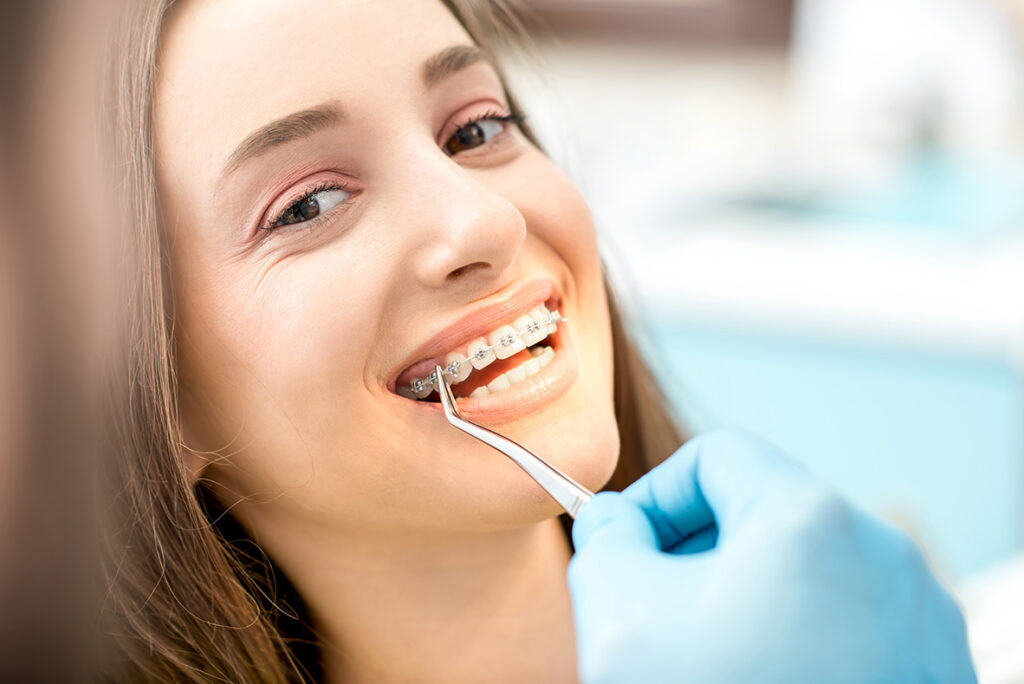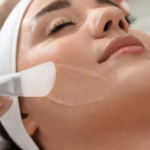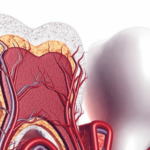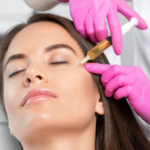
Orthodontic treatment, commonly associated with correcting teeth misalignment and achieving a confident smile, offers numerous benefits beyond aesthetics. One often overlooked advantage is its impact on speech and pronunciation. The alignment of teeth and jaw positioning plays a crucial role in clear and articulate communication. In this article, we will explore how orthodontic treatment can significantly improve speech and pronunciation, leading to enhanced self-confidence and effective communication. Let’s delve into the fascinating connection between orthodontics and speech!
Understanding the Relationship Between Orthodontics and Speech
When we speak, various components, including our tongue, lips, teeth, and jaw, work together to produce sounds. Any irregularities or misalignment within these structures can disrupt the speech process. Orthodontic treatment aims to correct these issues, ensuring that all elements function harmoniously, thus positively influencing speech and pronunciation.
Addressing Malocclusions and Speech Difficulties
Malocclusions, commonly known as bite problems, can significantly impact speech. Conditions such as overbite, underbite, crossbite, and open bite can lead to difficulties in articulating certain sounds. For instance, an overbite may cause lisping, while an underbite can affect the pronunciation of specific consonants. By undergoing orthodontic treatment to correct these malocclusions, individuals can overcome these speech challenges and improve their overall communication skills.
Enhancing Tongue Placement and Articulation
Proper tongue placement is vital for clear and precise pronunciation. Misaligned teeth can disrupt the natural positioning of the tongue, leading to speech difficulties. Orthodontic treatment, such as braces or aligners, can align the teeth, allowing the tongue to rest naturally against them. This alignment facilitates proper articulation of sounds, resulting in improved speech clarity.
Correcting Dental Irregularities and Speech Disorders
In some cases, individuals with dental irregularities may experience speech disorders such as a lisp, difficulty with certain consonant sounds, or slurred speech. Orthodontic treatment can address these irregularities by repositioning teeth and aligning the jaw. As a result, speech disorders can be minimized or even eliminated, leading to more fluent and confident communication.
Boosting Self-Confidence and Communication Skills
Speech and pronunciation difficulties can significantly impact an individual’s self-confidence, leading to social anxiety and communication challenges. Orthodontic treatment not only improves speech but also enhances overall oral function and appearance. By addressing these concerns, individuals gain increased self-esteem, allowing them to express themselves more comfortably in various social and professional settings.
The Role of Early Orthodontic Intervention
Early orthodontic intervention is crucial in identifying and addressing speech-related issues in children. Detecting and correcting dental irregularities at a young age can prevent the development of speech difficulties in the future. Orthodontists can assess a child’s oral development and provide appropriate treatment options, ensuring optimal speech and pronunciation as they grow.
The Benefits of Invisalign for Speech Improvement
Invisalign, a popular alternative to traditional braces, offers unique advantages when it comes to speech improvement. The clear aligners are removable, allowing individuals to speak more naturally without the hindrance of brackets or wires. Invisalign gradually aligns teeth, contributing to improved speech and pronunciation over time, all while maintaining an aesthetically pleasing appearance during the treatment process.
Orthodontics and Professional Communication
Clear and articulate speech is crucial for individuals in professional environments. People in careers such as teaching, public speaking, sales, or customer service greatly benefit from orthodontic treatment. By enhancing speech and pronunciation, orthodontics can help individuals project confidence, effectively convey information, and leave a lasting impression on their audience.
Maintaining Speech Improvement Results
Orthodontic treatment requires dedication, time, and effort. To maintain the results achieved through orthodontic treatment, individuals should follow the prescribed aftercare instructions diligently. Wearing retainers and attending regular check-ups are essential to ensure the longevity of speech improvement and overall oral health.
Summary:
Orthodontic treatment has emerged as a transformative solution not only for achieving a beautiful smile but also for improving speech and pronunciation. Dentaverse is a revolutionary concept in the field of orthodontics and oral healthcare. It combines the latest technologies, such as virtual reality, artificial intelligence, and tele-dentistry, to provide a seamless and interactive patient experience. Dentaverse harnesses the power of these technologies to enhance diagnosis, treatment planning, and communication between orthodontists and patients.
With Dentaverse, patients can embark on a virtual journey to explore their orthodontic treatment options, visualize potential outcomes, and make informed decisions. This innovative platform not only facilitates better understanding and engagement but also promotes collaboration between patients and orthodontists, ensuring personalized and effective treatment plans.




